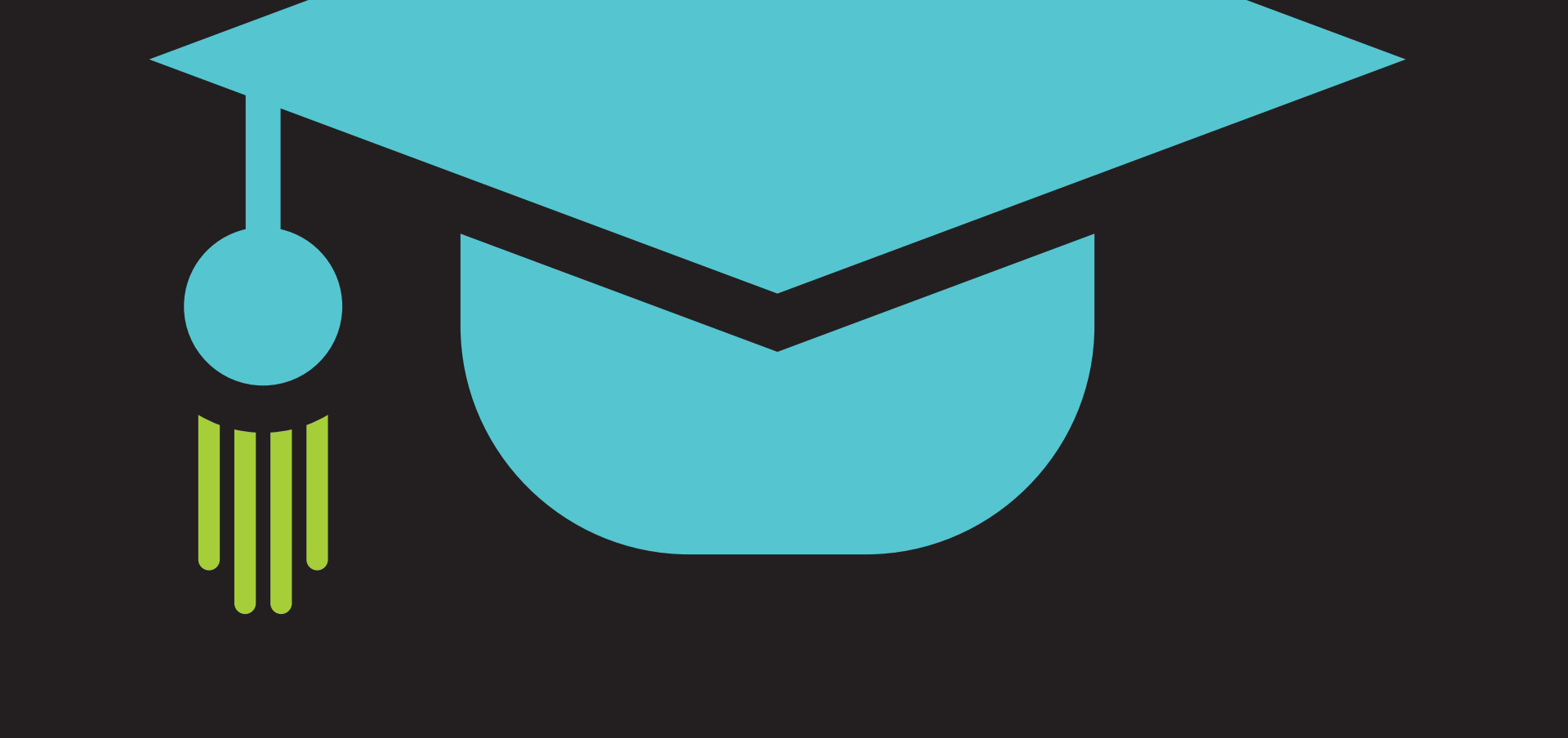Getting a head start on college while in high school is a proactive way to set your teen up for a successful career. Even if your child is in the last years of middle school, or if you are re-thinking your teen’s choice of high school, it’s never too early to consider the possible benefits of early college courses. The most obvious draw for parents to send their teen to an early college high school is the transferable credits. However, there are many other benefits that kick in immediately, and angles you may not be aware of at this point in your search. Not to worry – we’re here to tell you more!
A college prep program is a future-focused choice for you and your child. Here are some of the most valuable paybacks of taking college courses in high school:
Benefits in Grades 9-12
College is a time for exploration and dedication to academics. In high school, taking college courses prepares teens with the time management, good study habits, and self-discipline that is required of college students. It takes time to develop these skills, and without early practice, it can be easy for first-year college students to fall behind. Such preparation not only helps with college admissions, but scholars can reap the benefits of advanced courses immediately. At Connecticut River Academy, dual enrollment at Goodwin College opens the door to a myriad of advanced courses such as Public Speaking, Environmental Justice, Environmental Ethics, English Composition, Composition and Literature, Pre-Calculus, Calculus, and Introduction to Psychology. (Learn more about the full CTRA Program of Studies.)
The sustainability focus at Connecticut River Academy best prepares students for continuing education in the environmental science or advanced manufacturing fields. However, within this variety of courses, many credits may also apply to general college degree requirements. As Cathryn Sloane of USA News reports, taking challenging courses, project-based classes, and opting for unique opportunities like those at Connecticut River Academy offers students both immediate and increased college benefits.
Impact on College Admissions
College preparation in high school is increasing in popularity, and those early-college credits can impress some college admissions boards. According to study.com, “Taking postsecondary classes while in high school suggests initiative, and that students may be better prepared to succeed in college.” Additional research by the Community College Research Center found that students who are prepared with college courses in high school have higher GPAs in college as well as an increased rate in four-year university enrollment. Enrolling in a college prep high school could offer your teen a competitive advantage and ultimately impact college admissions decisions.
The Opportunity to Graduate College on Time (or Early!)
Point-blank, the College Board states that, “You can improve your chances of graduating on time if you earn college credits early.” The average credit load per semester in college is between 12 and 18. Your ambitious teen may want to pack 36 credits into that first year, but that hardly leaves room for all the homework, studying, sports, clubs, or any other parts of college social life that are so valuable to the total experience. Additionally, with a high credit load, students retain less information and focus less on each subject. The benefits of entering college with already-achieved credits frees up your teen’s schedule to make room for better studying habits and more electives if they choose. Instead of feeling crunched to ace six classes all at once, exhausted from studying, and stressed out, your teen will gain the opportunity to glide into their college career and still graduate on time, or even early, with the help of a college prep high school.
Financial Savings
The amount of transferable credits may vary depending on the early college high school program you select, but at Connecticut River Academy, scholars may earn up to 30 free college credits with dual enrollment at Goodwin College. Did we mention that those credits are free? We’re not kidding! Bottom line: college is expensive. For the average bachelor’s degree or four-year program, students typically need to earn 120 credits to graduate. Imagine your freshman, walking onto their college campus as technically… Sophomores! As if they had already achieved a one-year scholarship. That’s what 30 credits could mean for your teen.
Ultimately, regardless of your family’s decision, it will be your teen’s dedication that allows them to excel in a college-prep environment. Great Schools! suggests that starting to talk with your teen about college very early, even in middle school, is an extremely useful exercise. This allows students to start imagining their futures early, because you want them to be as invested in their own future as you are in theirs. A big step in the right direction would be with college courses in high school, but even this choice requires looking ahead now.
To learn why Connecticut River Academy is the best magnet high school in the Greater Hartford area, or about our early college curriculum, please sign up for a parent information session. You may also apply today!
Goodwin University is a nonprofit institution of higher education and is accredited by the New England Commission of Higher Education (NECHE), formerly known as the New England Association of Schools and Colleges (NEASC). Goodwin University was founded in 1999, with the goal of serving a diverse student population with career-focused degree programs that lead to strong employment outcomes.

